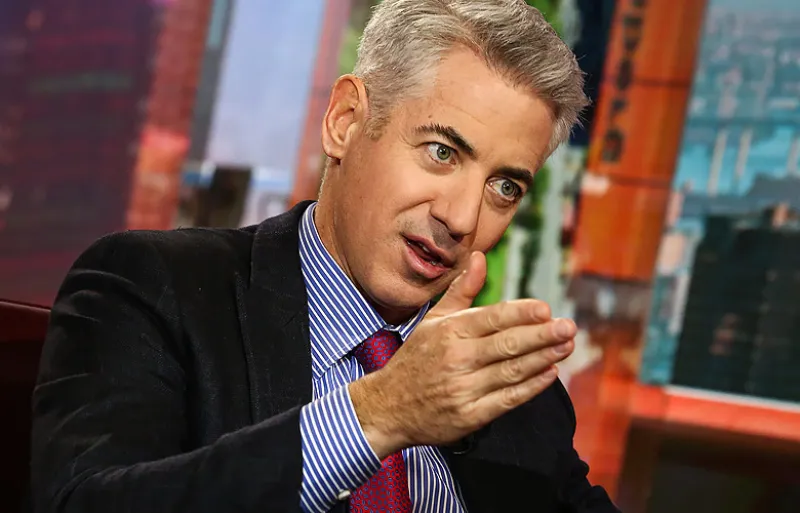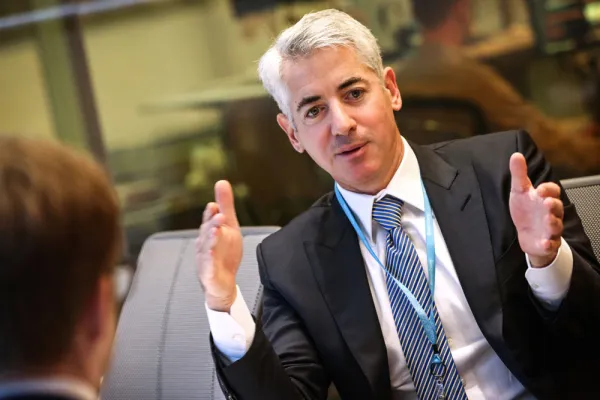Bill Ackman’s attempt to take over three seats on ADP’s board has ended in failure.
Ackman, an activist investor at the helm of Pershing Square Capital Management, launched the contentious campaign for ADP board seats in early August after disclosing that his hedge fund had acquired an 8 percent stake in the payment processing company. Shortly afterward, Pershing Square claimed that ADP had overstated its stock returns, numbers the firm had been using as a defense against Ackman’s activist campaign.
[II Deep Dive: Ackman Claims ADP Is Drastically Overstating Its Stock Returns]
The campaign for board representation ended on Tuesday when shareholders voted against Ackman’s proposed slate of directors, which included himself and two others, according to ADP. In a statement following the announcement, Pershing Square attributed the loss to ADP rejecting Ackman’s proposal that shareholders vote using a universal proxy scorecard. The mechanics of proxy voting is an issue that has plagued activist investors like Ackman for years, with Nelson Peltz’s Trian Fund Management losing its 2015 proxy contest over board seats at DuPont Co. after the chemical company refused the hedge fund’s request for a universal proxy card.
“Had ADP been willing to use a universal proxy card for this election, Pershing Square believes that Bill Ackman would have been elected to ADP’s board,” the firm said.
When voting in a proxy contest where a board election has more nominees than seats to fill, shareholders receive two voting cards, according to the Council of Institutional Investors.
One of those cards is from the target company, while the other is from the activist investor. Neither card contains the full slate of nominees, the council noted, which can “disenfranchise” voters, as shareholders can only submit one card.
Ackman and Pershing Square’s other nominees, Veronica Hagen and Paul Unruh, received support from investors holding less than 20 percent of ADP’s outstanding shares and less than 25 percent of the shares voted at the meeting, according to ADP.
Though the directors selected by Pershing Square were not elected to the board, Ackman said he is optimistic about ADP’s path forward.
“While we did not win the election, as a result of the proxy contest, ADP’s shareholders, board, and management are now fully informed about the company’s shortcomings and opportunities for improvement,” Ackman said in a statement.
In announcing the election results, ADP’s CEO and president Carlos Rodriguez said the firm planned to maintain an “active and productive” dialogue with its shareholders going forward.
“This process has sharpened our focus on the importance of insightful, strategic engagement with our investors, which, over the past few months, has given us a greater appreciation of our owners’ perspectives on our business and growth plans,” he said.







